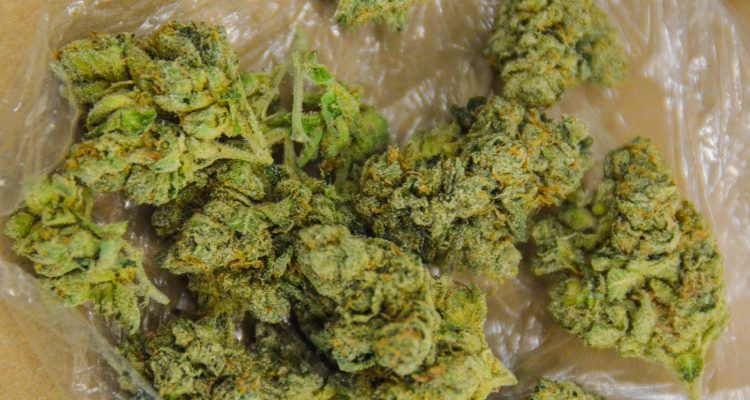It was an unexpected but welcome development for many when a legislative side road was navigated to get a vote on medicinal cannabis on the floor of the West Virginia House of Delegates.
It was late March, and the vote total was 76 House lawmakers in favor of legalizing medicinal cannabis and 24 opposed to the proposal.
“We’ve seen the opinion about medical cannabis change completely in West Virginia over the past five years,” said W.Va. Del. Shawn Fluharty, D-3rd. “That’s because a lot of people in Charleston and around the state have taken the time to educate themselves about it, and they have realized a lot of things that have allowed them to change their minds.
“When it comes to medical cannabis, the concentration is all about the benefits, and it’s about the opioid crisis we’re experiencing,” he said. “Now, there are still plenty of people who are against it, but they are against it for the wrong reasons. I believe those lawmakers need to listen more to all of their constituents instead of just a small fraction of them.”
The new law mandates many aspects to the up-and-coming industry, but with those requirements come questions. For example, under the adopted legislation a total of 30 dispensaries are permitted with no more than five in a single region. How the “regions” of the state are defined is an unknown at this time.
There are also questions and doubts about statewide representation on West Virginia’s cannabis commission, whether or not an each dispensary must employ either a pharmacist or physician, and about the forms of medical cannabis permissible for use under the law’s guidelines.
“I know there are still a lot of aspects to this that need addressed, and that’s why I’ve been out in front of this issue for several years because it’s the right thing to do,” Fluharty explained. “My approach is to do the right thing for the people of this state no matter what the issue might be instead of always trying to do what’s politically correct. The reason we have seen more people get on board with it is because they’ve come to realize it’s safe.
“I do wish that would have happened a few years ago because that would have meant our state could have been at the forefront of the issue because it would have been implemented by now,” Fluharty said. “The goal here is to help people, and that’s why we did what we had to do to get it passed during the last regular session.”

Surprise!
Fluharty was a co-sponsor of House Bill 109, legislation introduced by Del. Mike Pushkin (D-37), but that proposal was “parked” by Speaker Tim Armstead, a Republican from Kanawha County.
State senators, however, were considering in the last regular session Senate Bill 386, a slightly different approach to creating the medical cannabis industry in the Mountain State. The proposal was introduced by Sen. Richard Ojeda, and the proposal attracted 11 co-sponsors.
“Del. Pushkin’s bill was assigned to committees, and we all knew it wouldn’t move at all because leadership didn’t want it to,” Fluharty explained. “Leadership controls the agenda, and medical cannabis was nowhere close to being on it.
“Leadership had other ideas, and in my opinion most of that agenda was the same one that Republican majorities have pushed in other states, too,” he said. “In a lot of ways, it was all predictable, and we knew nothing else would be added to it.”
So how did House members come to approve medical marijuana?
Soon after the approved Senate version (28-6) progressed to the House chamber, Fluharty submitted an amendment to it that would have altered the classification of cannabis, or marijuana as it is referred to in most legislation, from a Schedule I narcotic to a Schedule IV.
“To put it in context, cannabis was treated the same as heroin because they are both listed as Schedule I drugs,” Fluharty said. “That, to me, is absurd.”
Fluharty’s amendment caught most colleagues off guard, including Speaker Armstead, and that is why an immediate delay was implemented. Two days later, a five-hour debate began as a conversation about Fluharty’s scheduling amendment, but it evolved into a discussion on the pros and cons of medical cannabis in West Virginia.
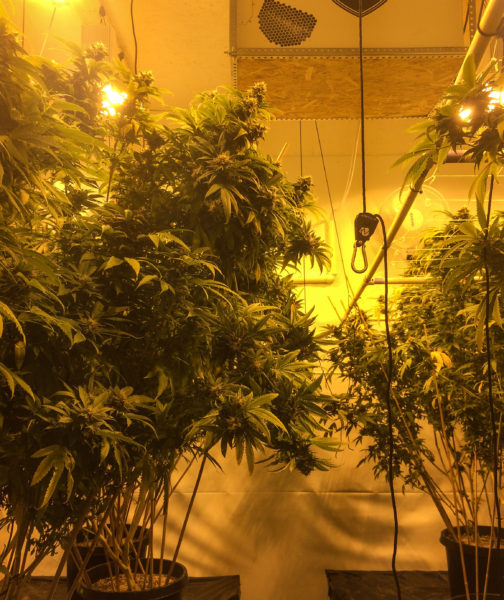
“What it really was then was an up-and-down vote on medical cannabis,” Fluharty said. “We all had to ask ourselves if we wanted it in West Virginia, or if we are going to cave again to Big Pharma? Now, after that debate, my amendment failed, but that’s when the conversation evolved into something very interesting because for the first time in state history, we had a floor debate on medical cannabis.
“After that vote, the floodgates opened, and the people of West Virginia spoke,” he said. “The voice of the people truly matters, and what happened next proved it.”
Constituents called, and they wrote emails, and suddenly the conversation inside the halls of both the Senate and House chambers turned away from opposition. Fluharty reveals that some anti-cannabis legislators admitted to him that some state residents threatened to organize district-wide opposition campaigns.
That is why, one week later, instead of allowing the Senate version to evaporate in committee, Del. Michael Folk made a motion to remove the issue from the committee process and vote on it right then and there. The motion on the House floor received several more “thumbs up” than “thumbs down.”
Was it altered? Are some of the changes problematic moving forward?
Yes and yes, this lawmaker insisted.
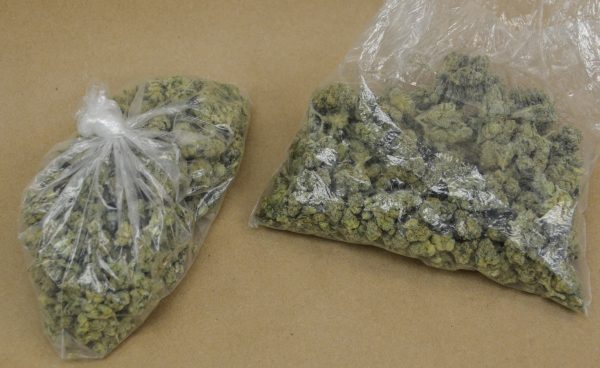
“The way the law is now, it’s not very workable, so it does need some adjusting,” Fluharty admitted. “But that’s part of the growing pains, and I learned that when I went to a conference in Colorado. If we would have adopted what the Senate passed, or if we would have stuck with the version in the House that I co-sponsored, we’d be in a much better position than we are today.
“But we are where we are, and during the upcoming session we are going to have to make a concentrated effort to fix some of the issues,” he said. “It’s a very narrow bill because it doesn’t allow us to see what the industry will look like. Right now, the bill does not allow the acquisition of it in flower form, and that means those with prescriptions for medical cannabis are not allowed to smoke it. And, based on what I learned in Colorado, that’s very limiting because it fails to include everyone and every ailment that can be helped with medical cannabis. It needs expanded.”
At this time, growing cannabis by West Virginia residents will remain illegal, but vaping, using lotions, and acquiring cannabis oils to manufacture edibles would be legal when the new law goes into effect July 1, 2019. Fluharty would like to see the permissible usage options, and he hopes the provisions requiring an on-site physician or pharmacist and continued education for doctors are eventually amended.
“I’m not sure what they were thinking when they put that into the bill, but it is my opinion that it was an attempt to kill the bill,” Fluharty said. “I believe leadership wanted to make it so hard to implement a policy, but I can tell you that the physicians I’ve spoken with find that part of the law ridiculous.
“In fact, some of those doctors have suggested that we also pass adult use so that the onus isn’t all on them,” he continued. “I’m not sure how long it will take to pass adult use, and that means people will still go looking for it on the black market. That will also take place, unfortunately, if we do not amend the law to allow access to the actual flower because some do need the THC to have the relief they need.”
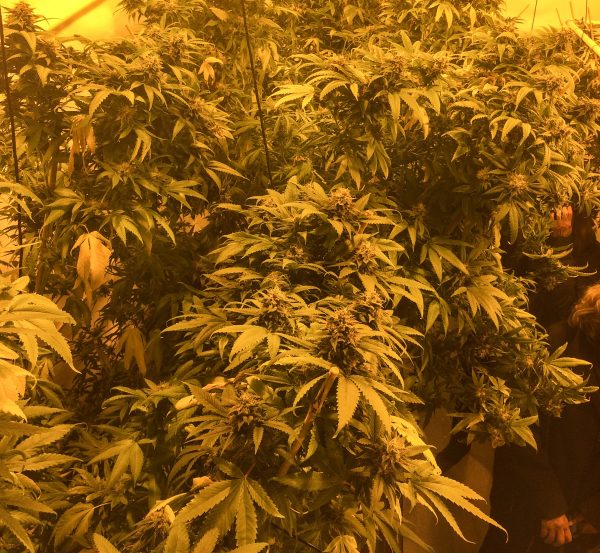
Step Two? Step Three? Step Four?
And just like that.
“We went from the issue being totally off the radar to being the 29th state to enact medical cannabis, because the people of this state wanted it so they spoke up,” he said. “Right now, it’s supposed to go live on July 1, 2019. That’s when the doctors willing to prescribe it can begin doing so, but I would like to see it moved forward so people can start getting the relief they need without having to depend on highly addictive opioids. I think we’ve seen what’s happens in West Virginia because of that dependence.”
But now what?
Fluharty, now in his second term and up for re-lection in 2018, has voiced his concerns and hopes for continued development of the legalized industry.
But will it take place responsibly and without further obstruction? If not, Fluharty plans to work with proponents of the initiative to inform residents of the issues and the realistic solutions.
But will that force leadership’s hand once again?
“I always encourage the constituents in this state to get involved during the regular session because when they don’t, that’s when lawmakers will do what benefits them and not the people of this state,” Fluharty said. “It truly was the people’s opinion that changed the course of the conversation, and I do believe that’s what it will take for leadership to include it on the agenda this coming session.”
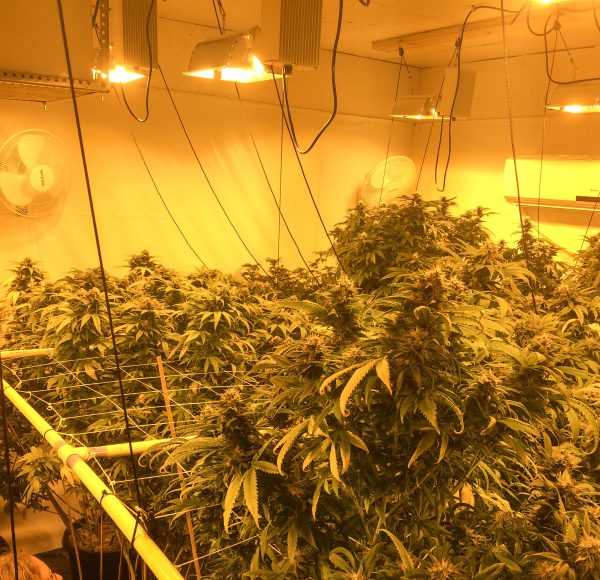
Why residents from Wetzel County north to Hancock were left off of the medical cannabis commission is a mystery to Fluharty.
“That’s an issue that I spoke with Howard Gamble about, and he agrees that it’s absurd that not a single individual on that commission resides here in the Northern Panhandle of the state,” Fluharty said. “For the most part, the lawmakers here in the Northern Panhandle supported medical cannabis, but we don’t have anyone on the commission? I was not happy to see that.
“Mr. Gamble told me that he had interest in serving on that commission, but at least the commission is comprised of individuals with different backgrounds. There are people involved with law enforcement as well as doctors and others who are concerned with the implementation,” he said. “While I like the makeup of it, I don’t like that there’s no representation from this area.”
At this time, 29 states have legalized the use of cannabis in some form, seven of which, along with the District of Columbia, have passed laws allowing for recreational use. Fluharty, along with a bi-partisan group of 18 state lawmakers, took a trip to a cannabis conference in Colorado. The contingent attended educational seminars, yes, but also toured grow facilities in the Denver area.
So, if Step Two is amending the current law, and Step Three represents the implementation of the industry, what could Step Four involve?
“It could be the legalization of recreational use, but that remains to be seen. The fact this conversation (about medical cannabis) took place allows me to believe that the conversation concerning adult use will continue,” Fluharty said. “The way they handle adult use in Colorado is that the entire industry must be operated within the state. From seed to sale, everything takes place in the state, and if West Virginia moves in that direction, I would like it to be the same here as it is in Colorado.
“Can we do it? Is it something we’re looking at right now? I do believe legislation is in the works and I do believe it will be introduced,” he said. “I think we’re much closer to it now than we’ve ever been before, and I feel there is the appetite in the Legislature to move forward on it. Gov. Justice signed medical cannabis into law, and I believe he would sign adult use into law, too, as long it’s done the right way.”
(Cover photo provided by the Wheeling Police Department)


